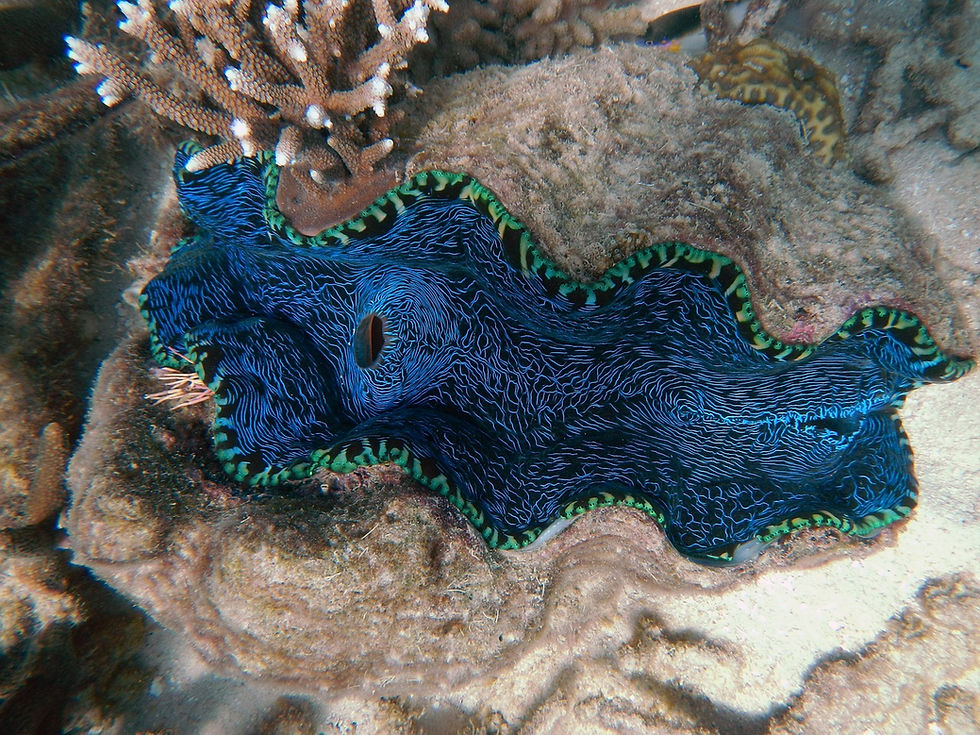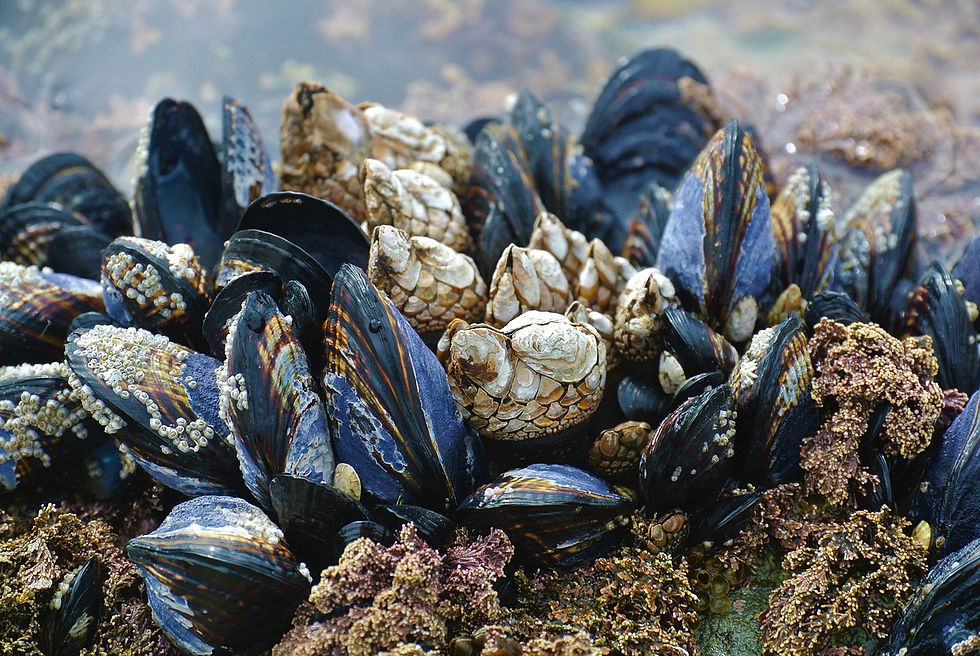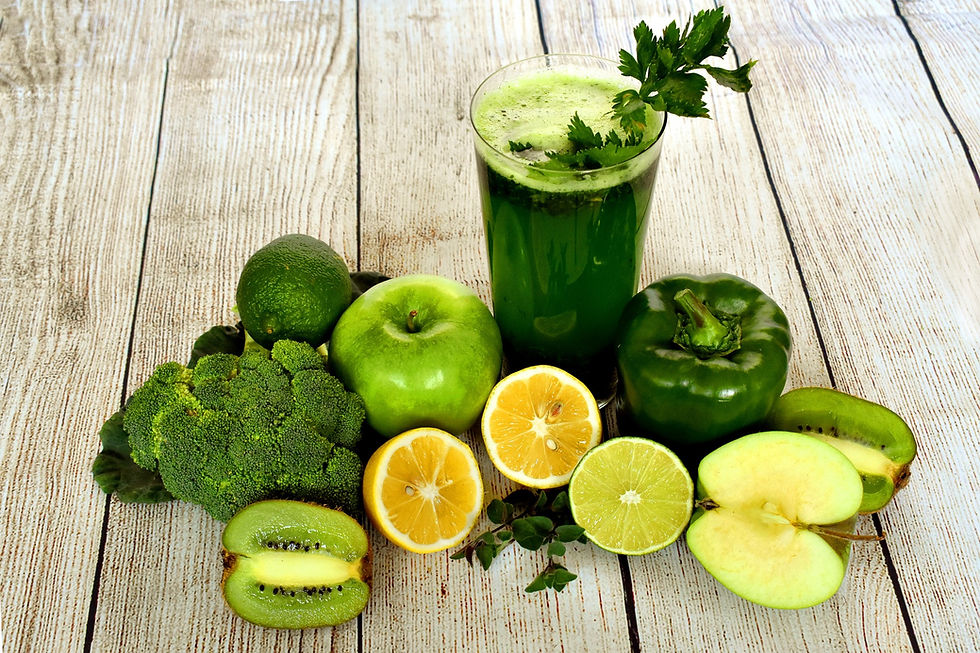I Got Veganism All Wrong | Argumentative Analysis
- PracticalPisces
- Mar 11, 2023
- 5 min read
Updated: Mar 13, 2023

I must be a special type of vegan, or not vegan at all. I extend the principles of the philosophy to all animals. I will continue to abstain from consuming, wearing, and using products derived from all animals as much as (objectively) possible. I subscribe to whichever version of the moral philosophy that objectively causes the least harm. I disagree with the assertion that sentience should be the standard for considering animal lives (that would only be applicable in a scenario in which we have no choice but to eat some animals). I personally do not care whether an animal is sentient or not. If there is an alternative for something they are used for, I will choose the alternative should I require a particular item or food.
I have two parameters for an animal's moral consideration:
I do not need to eat the animal for nutritional sufficiency.
The animal is not a threat to my well-being.
If both parameters are met, I will not harm the animal, regardless of its consciousness. There is absolutely no reason to do so. I have been told that this position is arbitrary despite the fact that it is as simple as an animal-based moral philosophy can be. It is similar, specifically the second point, to my policy regarding people: if no one deals harm to me, I will not purposely deal harm to them, basically the golden rule.
There are two truths that most vegans acknowledge:
The human body has no need for animal protein.
There is a plant, or fungus, -based alternative for just about all animal foods and items.
These truths extend to all animals regardless of sentience. Choosing to eat or use animals with these facts in mind is to practice casual disregard for animal life.

I have been called out for "relying on scientific classification" to base my activism. This is stupid because sponges, tunicates, barnacles, bivalves, sand dollars, starfish, sea cucumbers, jellyfish, and the like are all factually animals. They are all made of animal cells. There is a process for scientific classifications. Scientists cannot just decide tomorrow that a cantaloupe is an animal. Just because these creatures may not be sentient, that does not mean that we should use them as we see fit. We can respect them as our fellow animals. As I said before, there are animal-free substitutes for all intended uses for them. In the case of sponges, cellulose sponges exist. Pearls, which was an issue in the community when I first became vegan, can be replaced by beautiful wood and stone beads. One could use agar agar, which is fittingly derived from seaweed, to replicate the texture of jellyfish. There are recipes for mock-bivalve meals on around the web. Oyster and king mushrooms do very well in mimicking the texture of the mollusks and they can be seasoned with seaweed to achieve a similar flavor.
Note: If you wish to achieve maximum benevolence, do away with the "animals as tools" mindset. Just because a creature has fewer similarities to you than others, that does not mean that it is not worthy of respect.
Bivalves are the reason why I decided to make this post. They have an important role to play in their environment as water-filtering organisms and some can live to be twenty or more years old. They also contain dietary cholesterol, something the body does not need and which is a risk factor for disease. There is more harm than good in consuming them. They are obviously not a threat to human life, so there is no need to kill them except in cases of ecological necessity or lack of food sources.
One person said that leaning on scientific classification would not work because parasites are considered animals (if they fit the criteria, then they factually are), and that veganism is not just about animals, it is about sentience. (This is carnist-level argumentation. What does a mountain lion attacking a hiker have to do with eating a steak? If an animal has not caused you any harm, you have no justification to harm them.) Worms, such as the earthworm, are sentient. If touched by your bare hands, they wiggle around rapidly in irritation (the salts in our sweat dry out their skin), if you block their path, they will attempt to navigate around the barrier, and if you try to pull them out of the ground like a robin, the tiny hairs on their skin will hold them in the soil until you give up. Leeches, which are a type of worm, are not without brains. Some, like the freshwater medicinal species, are parasitic in nature. They are not threats to most humans and will willingly fall off of their target once they have consumed enough of their blood. Like sharks, they are opportunistic and do not single out human blood. Nematodes, some of which are parasitic, are also sentient. Ticks and fleas are also likely sentient and very much parasitic. Regardless of their consciousness, they are threats to humans and other animals, thus there is no moral issue with killing them. Contrast this with bivalves and barnacles who just adhere themselves to objects and creatures around them and eat from the water around them, which helps filter the ocean of microorganisms and algae.
Note: Regardless of consciousness, an animal can be neutral or dangerous to our health. If we required animal protein for health, I would fully support eating non-sentient/low-conscious animals in order to cause the least amount of harm. Since we require NO animal protein, eating animals leads to more death than is necessary to sustain human life. That is a moral wrong: gluttony. Please respect other creatures.
I have also been told that not caring about animal sentience means that I must afford moral consideration to plants. First, plants are totally different organisms. As a thinking animal with empathy, I have a greater responsibility to care for my fellow animals than I do plants. Second, I do not support killing more plants that necessary than to preserve one's life. Plants are beautiful complex organisms that do not exist to be mere tools for man (same with wild fungi). They deserve appreciation. Plants benefit the earth by holding the soil in place, pulling nutrients higher in the dirt for other plants, and fungi, to use, purifying the air and water, and providing animals with food, building materials, and sometimes even water. Humans require plants for nutrition. This does not mean that we should consume as many plants as we wish for taste pleasure. We should consider the health of plants we eat from, as the healthier they are, the better they can nourish us and the more nutrition each plant offers, the fewer we have to eat and less gets wasted. We also should not take plants from other parts of the world and plant them back at home. I am all for the removal of invasive, non-native plants to make room for native species. I am not the type of person who calls useful and "useless" native plants "weeds" simply because they are not as pretty as other lawn plants. If they are native, and not dangerous, I see no reason to remove them. Also, many wild native plants are both edible and more nutritious than their supermarket cousins. Finally, I believe that we should try our hardest to reduce the amount of litter and chemicals in the soil out of consideration for plants, fungi, and soil-dwelling microorganisms.
In summary, if you believe that humans do not require animal protein for health then show it with your actions. We have the alternatives, that is what makes veganism possible! Do not lean on sentience to justify harming other animals. Animals are not here for us to use. I thought that was the point of the vegan movement, but apparently, I was wrong.




_edited.jpg)





Comments